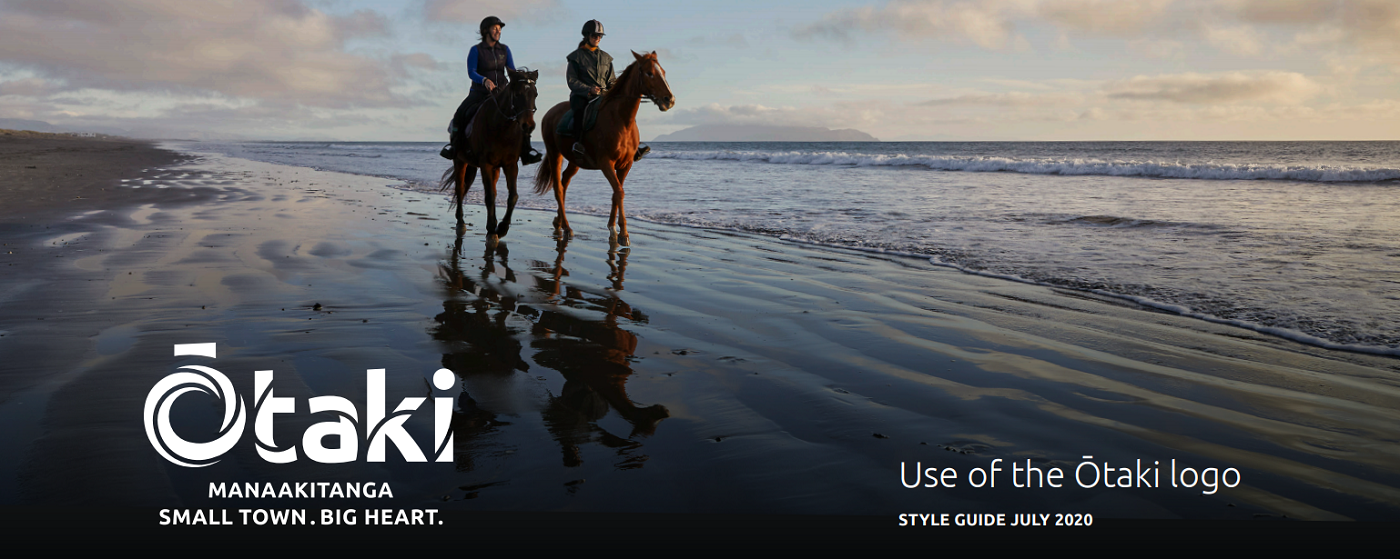
I love Ōtaki because it has many parts of it to love – and the fact that something that is secret generates its own attraction.
And, let’s be honest, to most travellers Ōtaki is just a two-block strip of shops either side of the state highway – a strip bounded by New World in the south and to the north, what at peak times must be the worst roundabout in New Zealand.
Pushed to decide from among the remarkably bountiful choice of places to especially love in Ōtaki, my hand goes up for Ōtaki Beach, defined by the Ōtaki River to the south and the Waitohu Stream to the north. It was this beach which first brought my wife and me to Ōtaki; we bought a bach on Marine Parade as a “weekender”.
Walking along the beach in all seasons gives me a strong emotional and spiritual sense of what it means to be a New Zealander, someone who lives, especially in summer, in the land defined by the sharpness of its shadows from the intensity of the sun.
On one side I see the Tararuas, the majesty of their appearance obscuring the lethal edge of their nature, and on the other the Tasman Sea, linking us with Australia and joining us at the coast.
But I particularly enjoy being able to see the South Island – to have that clarity of awareness that New Zealand consists of more than just the North Island – and to acknowledge that without Maui’s canoe there would be no fish.
I especially enjoy, in summer, the opportunity to engage in two unique New Zealand dances. There’s the pipi shuffle as I move along the surf line trying to determine whether there are any pipi to be harvested, and then the sudden move into the pipi twist, which signals the attempt to toe the shellfish from the sand and then into the hand. The accompanying music of the breaking waves, coming from the percussion section of Nature’s orchestra, adds to the sheer enjoyment of the experience.
Moving from Marine Parade towards the beach and into the sea, it’s necessary to first get through the fine talcum-like sand – I just can’t stand to walk through it in bare feet – and then onto the beach sand, heavier with the dampness left by the sea as it has drawn back, retreating for a few hours to re-energise itself for yet another of its relentless assaults on the coast.
The smell of the sea and its unique taste reminds me that to eat kina is to know what it would be like to eat the sea.
No one could forget the beauty of an Ōtaki sunset seen from Ōtaki Beach. The palette of reds, greens, and blues smeared across the sky, the magnificence of the sight flaring briefly before being wiped away as the darkness of the evening overwhelms it.
We don’t live close to Ōtaki Beach, but lying in the night, whenever a southerly gale rages out at sea, the furious sound of the waves, struggling once again to overpower the beach, rolls along the strange Ōtaki road with four different names – Tasman Road, then Main Street, then Mill Road, and finally along Rahui Road – before smashing through the bedroom window.
Ah, Ōtaki Beach – I love it.
LATEST POSTS
- Who was our first knight?
- Carl Lutz – farmer who loved the land, and Fordsons
- Arthur saw nature ‘with eyes of admiration’
- Ōtaki abuzz with film festival - Ōtaki Today
- Hall helps to connect and build community
- Plenty of help organisations in times of need
- Di’s QSM for services to community and environment
- Rewi’s story one of adversity in old Ōtaki
- Urban designer poses critical question - What’s the plan for Ōtaki?
- New road evokes memories of apples and steam trains
- A slick and shiny surface signals a ready expressway – almost
- Black ferns 10, NZ Rugby 0 – no contest!
- Let’s think outside the box to solve town’s problems
- A full life for proud dad Sam Doyle
- Helping navigate the crossroads of people’s lives
- Achievements Celebrations
- Active Recreation
- Agriculture
- Arts Culture
- Business
- Children
- Come To Live Here
- Come To Visit
- Commemorations and Reunions
- Community
- Community Action
- Community Development
- Community Resilience
- Community Services
- Complaints Protest
- Eco Environment
- Education
- Family
- For Kids
- Health
- History Legacy
- Housing
- Infrastructure
- Kindness Respect
- Local People
- Local Political
- Obituaries
- Older People
- Perspectives
- Political
- Recognition Awards
- Safe Behaviour
- Safe Communities
- Spirituality Religion
- Sport
- Stories About People
- Town Environments
- Transport

